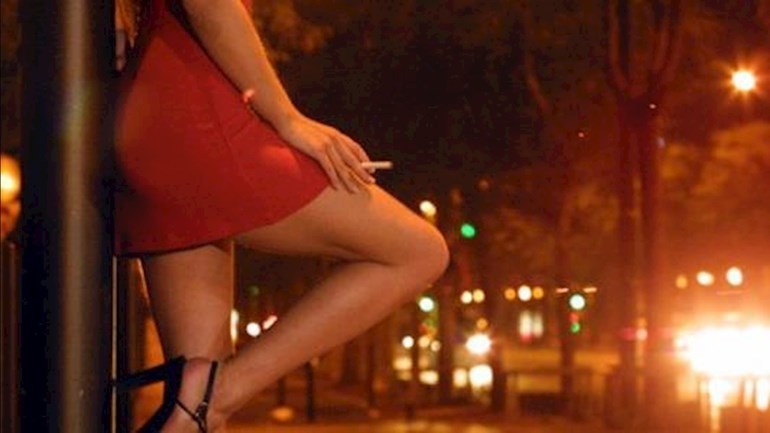A well known Belgian sex worker, known as Hot Marijke, has gone to court to ask for a ban on sex work until there is a vaccine against the coronavirus.
Many sex workers have been working again since the start of June, but Hot Marijke, a Belgian sex worker who received a lot of media attention for her activities and initiatives, stated that she will not resume her activities yet.
"I went to the Council of State to appeal the decision of the National Security Council," Hot Marijke said on Radio 2. "The Security Council has not listened to the advice of the experts. I want to change that," she added.
Sex work has been allowed again in most places in Belgium since the start of June, when the National Security Council no longer forbade it.
A back-to-work protocol that sex workers have to adhere to was drawn up and approved by several experts, as well as Minister for the Self-employed Denis Ducarme.
Related News
- Saint-Josse will allow sex work again, except on Sundays
- Sex worker sues Saint-Josse for banning prostitution
"The reason why we discussed this protocol with the Groups of Experts for the Exit Strategy (GEES), and had it validated by the ministers, was to make it as official as it could possibly be," Daan Bauwens of UTSOPI, a union for sex workers in Belgium, told The Brussels Times.
It is "absolutely not safe yet," according to Hot Marijke, who said that many of her colleagues did not follow it, and also do not want to start working yet. "I therefore advocate a total ban until there is a vaccine," she said.
"It is irresponsible that these professions, which have the closest contact between people from all professions in the world, should be allowed to restart without being safe to do so," she said.
If Hot Marijke wins the case before the Council of State, that could mean sex work would (temporarily) be banned in Belgium. "Then, you get a real health problem, because then there will be people who do sex work to be able to survive," said Bauwens.
"[The protocol] was drawn up to make sure that some 10,000 people, who are falling through all the cracks of the social safety net, can get back to work. Some of them were already doing it anyway, but this way they can be informed on how to protect themselves," Bauwens said.
"If someone gets sick then, they will not immediately go to a hospital, because they would have to admit that they got infected while doing an illegal activity," he said. "It would make a group of people in an already precarious situation even more vulnerable," Bauwens added.
Maïthé Chini
The Brussels Times

